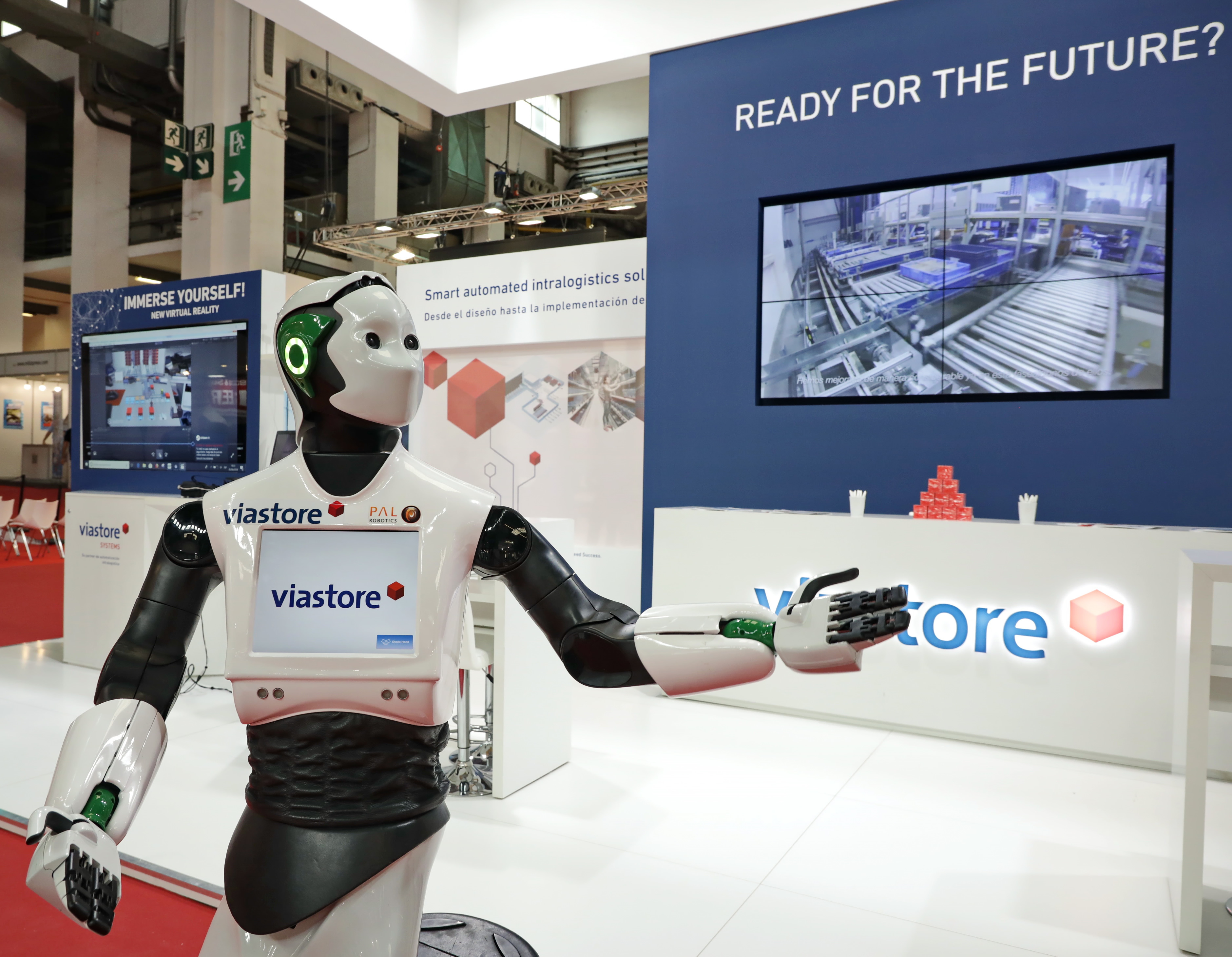It’s been a long time that robotics and automation in logistics have been a topic of debate. Robotic arms, loading robots, conveyor belts with inventory counters, storage systems or intelligent palletizing of bar code orders are already used in several logistics facilities. Large companies such as DHL, Amazon, Google have been supporting innovation in their production processes through the inclusion of robots for quite a while.
The real application of some advances is still undergoing an incipient phase but today it is common to see how some warehouses have stacker cranes that circulate in the aisles collecting and placing the goods on the shelves, while a software controls the positions of the stored products, optimizes spaces and saves movements. The development of automation and robotics is making companies to incorporate AGV (Automatic Guidance Vehicles) in their production processes. AGV can be used from simple transport applications to complex picking solutions, transporting both small loads and containers and / or pallets.
But, despite these advances, there is still a lot to be done for the full implementation of robotics and automatic processes in the sector. A report from the McKinsey & Company consultancy indicates that the logistics and transport-related activities in Spain will be the most affected ones by robotization, with up to a 65% of potential for automation by 2055.
In the logistics case, trends are advancing towards collaborative robotics. In fact, a recent study conducted by DHL reveals that people will continue to be a fundamental part of the logistics activity, even when robotics and automation end up redefining the structure of the workforce in the future. Very repetitive tasks that require great physical effort and that involve greater risk, such as the transport of dangerous goods, movement and storage of large volume and weight will receive technology support, which will allow people to perform tasks that require administration, innovation and analysis.
In this sense, collaborative robots, designed to work safely in environments with a human presence, are especially important. These robots are called cobots, they lack edges or sharp elements, they go out when they hit something and might even receive training to perform certain tasks by people who can manipulate them so that they can learn specific movements.
On the other hand, among the technologies that are currently being used in the picking process inside the warehouses, robots must be highlighted together with smart glasses or other similar virtual reality devices that make it possible to guide the staff through the warehouse, accelerating the products’ search and collection, reducing errors and increasing productivity. Virtual reality will create an added value when designing logistics warehouses, as these increasingly tend to be used not only as warehouses or distribution centers, but as centers for labeling, packaging and repairing the product.
3D printing will also cause a revolution in logistics as it can redefine traditional manufacturing strategies and the supply chain. It will also have an impact on the design of the ships, since raw materials could be stored instead of finished products. As its implementation progresses, the goods could be produced locally, with which the production would be faster and the delivery times to the client would be reduced, with the consequent saving of the storage costs.
In this regard, the opening of the first high-tech European 3D printing incubator, launched by the Consorci de la Zona Franca and the Leitat Foundation, has been decisive. The goal of the 3D Factory Incubator is to promote the growth of initiatives linked to 3D printing by creating a space for the incubation of SMEs and micro-companies related to these technologies of industry 4.0.

